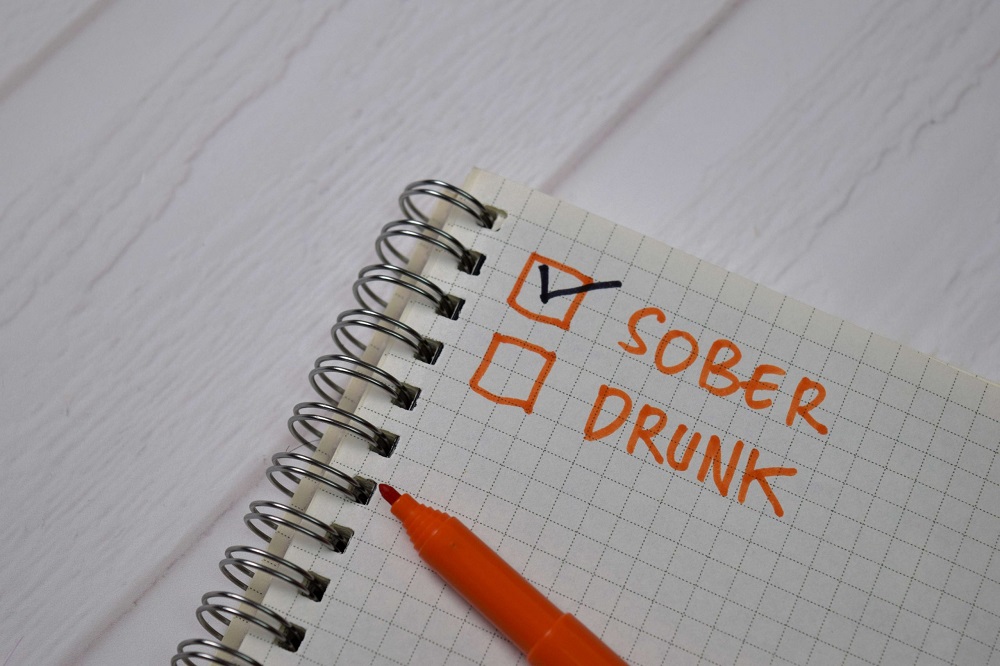The term alcohol usage disorder covers a broad spectrum that affects individuals differently, and many don’t fit the conventional stereotype. Some may indulge in a nightly glass of wine but find it challenging to stop at one. Others may have periodic bouts of binge-drinking where alcohol consumption spirals out of control. There are those who engage in day drinking, hidden behind closed doors, and those who experience blackouts or damaging incidents during nights out. Despite the differences, the common thread is that alcohol use has a negative impact on their lives. The purpose of the present research was to investigate the relationships among PTSD symptoms, alcohol-related consequences, and facets of emotion dysregulation.
What is complex post-traumatic stress disorder (CPTSD)?
While alcohol may provide temporary relief, it can worsen PTSD symptoms in the long run. Because alcohol impairs our cognitive function and emotional regulation, it makes it harder for those of us with PTSD to cope with intrusive memories. Alcohol can also https://ecosoberhouse.com/ reinforce tendencies to avoid situations, which, in turn, contribute to more intense PTSD symptoms.
What are blackouts and brownouts?
Your path to recovery begins with a single step – reach out now and find the support you deserve. Alcohol disrupts the brain’s ability to create new memories during a blackout. This results in memory for events being incomplete or entirely absent. Blackouts involve significant gaps in memory, which can be distressing and dangerous. Complex trauma typically arises from prolonged and repetitive exposure to traumatic events.
The Art of Saying No: Empowering Your Mental Health
In the meantime, arm yourself with knowledge, surround yourself with support, and remember that your mind is resilient. With the right tools and strategies, you can navigate the foggy waters of mental blackouts and emerge stronger on the other side. Alternative therapies, such as mindfulness meditation or acupuncture, have shown promise for some individuals. While the scientific jury is still out on many of these approaches, they can be valuable tools in your mental health toolkit. Just remember, what works for one person might not work for another – it’s all about finding the right combination of Sober living house strategies for your unique situation. Let’s dive into the rogues’ gallery of culprits behind these memory mishaps.
Blackouts are linked to how alcohol affects the hippocampus, the part of the brain responsible for memory formation. When blood alcohol concentration (BAC) rises too quickly, the hippocampus struggles to process and retain information, resulting in memory gaps. Intermittent explosive disorder involves repeated, sudden bouts of impulsive, aggressive, violent behavior or angry verbal outbursts. Road rage, domestic abuse, throwing or breaking objects, or other temper tantrums may be symptoms of intermittent explosive disorder.
- It’s like having a team of mental health cheerleaders in your corner, ready to boost your spirits when things get tough.
- The most obvious risk factor for PTSD is exposure to a traumatic event.
- Because PTSD and alcohol use disorder are deeply intertwined, treating them together is crucial.
- The most common causes of blackouts are benzodiazepines and alcohol use at high levels.
It leads to the deterioration of several body systems—including the skeletal, cardiovascular, digestive, reproductive, liver, and immune system. More specifically, here are some of the health consequences related to alcohol blackouts. During a blackout, you can hold conversation and engage with people, but on the inside, nothing is being recorded to your memory.
Seizures and disability
This disruption prevents the brain from recording experiences, leading to periods of amnesia where the individual cannot recall events that occurred while they were intoxicated. Blackouts are caused by high blood alcohol concentration (BAC), which disrupts the brain’s ability to record new memories. Factors such as binge drinking, drinking on an empty stomach, and mixing alcohol with other substances increase the risk. When blood alcohol levels rise rapidly, the risk of significant memory loss increases.

Many people with these seizures first receive a misdiagnosis of epilepsy. It’s also possible to have both epileptic and functional seizures in rare cases. Diagnosing PNES can be difficult because symptoms look very similar to epilepsy. Your healthcare provider will make an official diagnosis by recording a seizure or an episode with a video EEG (electroencephalogram).
- Getting treatment as soon as possible can help prevent PTSD symptoms from getting worse.
- In the case of low blood pressure or low blood sugar, these can often be mitigated with medications to help ensure future blackouts are far less likely to occur.
- Blackouts from alcohol use are more likely to occur if you drink a lot of alcohol at once and/or if you’re drinking alcohol without also being fed and hydrated.
- Furthermore, not everyone with these symptoms meets the requirements of PTSD.
If blackouts become a frequent occurrence, it might be time to take a closer look at your relationship with alcohol. Regular blackouts are a red flag for alcohol ptsd blackouts use disorder (AUD), a condition that requires attention and care. If you have intermittent explosive disorder, prevention is likely beyond your control unless you get treatment from a mental health professional. This interconnectedness also highlights the importance of comprehensive mental health care.

The cross-sectional nature of the data limited us from examining change over time or directional relationships. We also used a sample of college students with a trauma history who reported alcohol use during the previous three months, and these findings may not generalize to different populations. To better understand these relationships, future research should include longitudinal designs so that the temporal implications of the meditational model could be examined.
- But emotions do not seem to impact memories triggered by familiarity.
- Creating a safe environment is also important, especially if your blackouts are related to substance abuse or neurological conditions.
- It’s not about conforming to outdated stereotypes of “alcoholism” but recognising that problematic drinking exists along a broad spectrum.
- Finding the right kind of cocaine addiction treatment for veterans can feel like finding a needle in a haystack.
PTSD and Alcohol Abuse in Veterans
Unfortunately, their silence stands in the way of treatment and recovery. Recently, celebrities have stepped forward to share their stories of PTSD and raise awareness of this often debilitating condition. Lady Gaga and Prince Harry are two vocal advocates of PTSD awareness. Looking at the overall picture, approximately 3.6% or 9.25 million adults in the U.S. have PTSD in any given year.
Psychedelic Therapy
Alcohol-induced blackouts are a troubling and potentially dangerous consequence of excessive alcohol consumption. Understanding these blackouts, their causes, and their effects on the brain and memory is crucial for anyone struggling with alcohol use. At Virtue Recovery Chandler, we are committed to helping individuals overcome alcohol addiction and lead healthier lives. This article provides detailed information about alcohol-induced blackouts and the steps you can take to seek help.